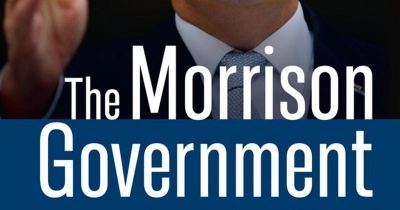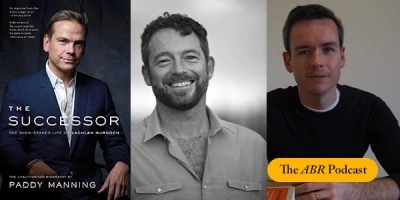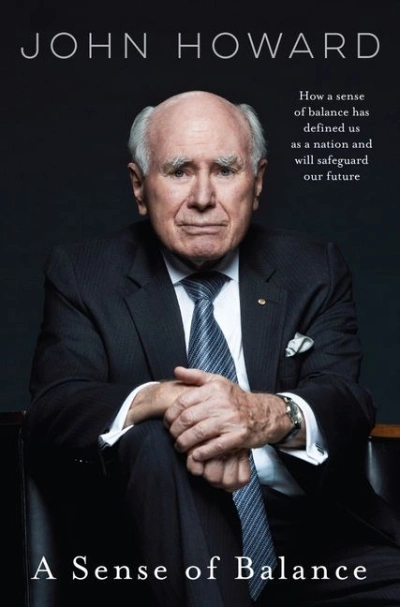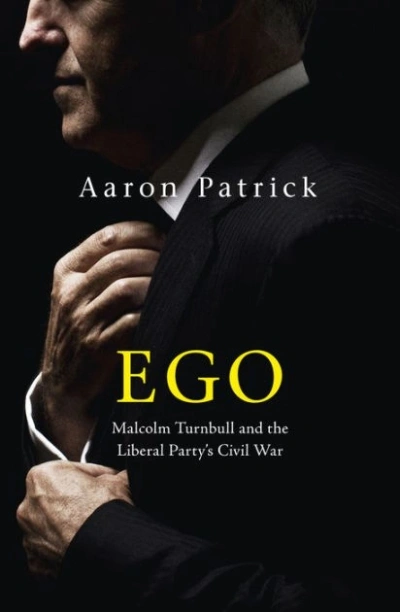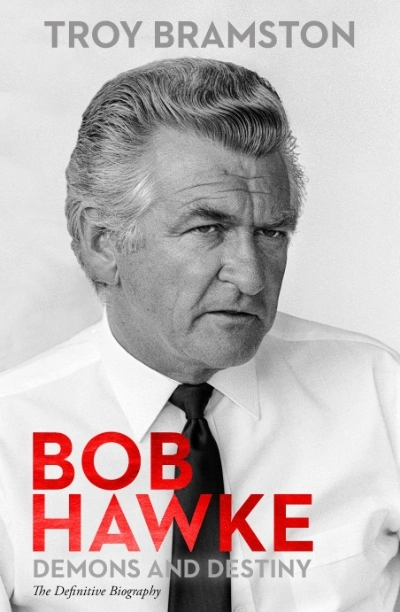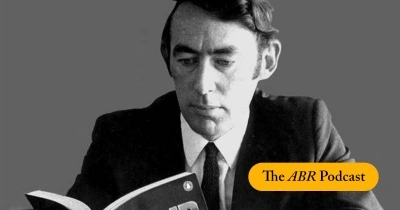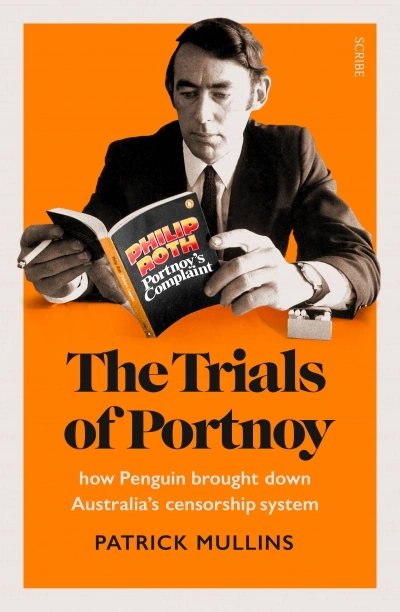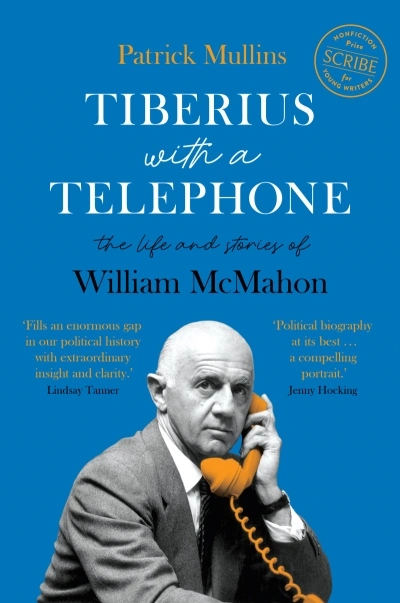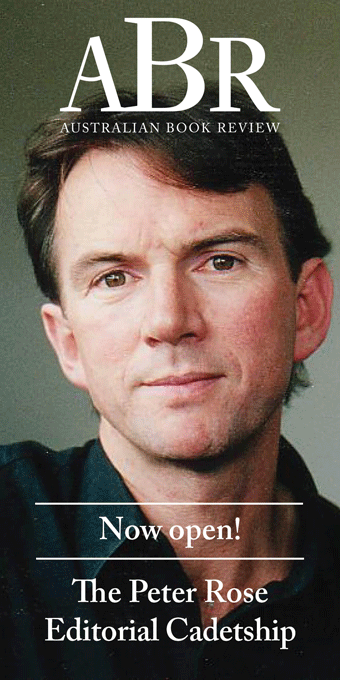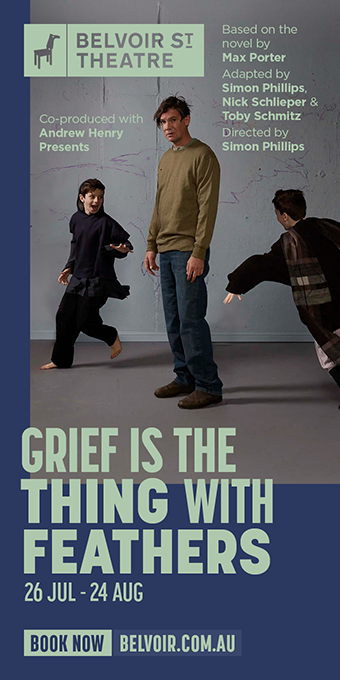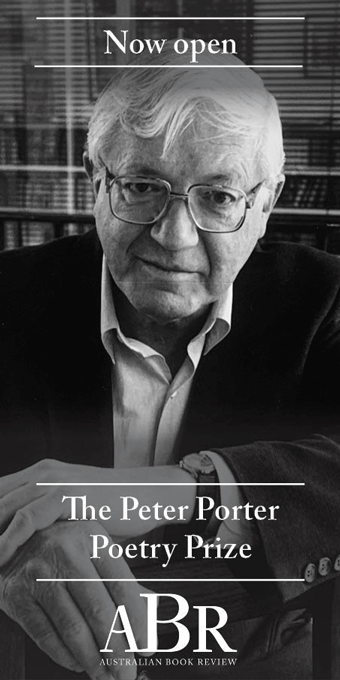Patrick Mullins
The Morrison Government: Governing through crisis, 2019-2022 edited by Brendan McCaffrie, Michelle Grattan and Chris Wallace
Lachlan Murdoch will almost certainly be the next head of News Corp, one of the world’s largest media companies and the dominant force in Australia’s media landscape. In this week’s ABR Podcast, Patrick Mullins, visiting fellow at the ANU’s National Centre of Biography, reviews a new biography of Lachlan Murdoch by Paddy Manning, titled The Successor: The high-stakes life of Lachlan Murdoch. Listen to Mullins read ‘Dual Focus’, which appears in the December issue of ABR.
... (read more)The Successor: The high-stakes life of Lachlan Murdoch by Paddy Manning
Ego: Malcolm Turnbull and the Liberal Party’s civil war by Aaron Patrick
In today's episode, we present James Ley’s hilarious and deeply serious review of The Trials of Portnoy by Patrick Mullins. James channels the memorable prose of Philip Roth himself. Mullins’s book chronicles the legal spat that surrounded Penguin's attempt to publish Portnoy's Complaint, Roth's controversial novel that was considered lewd and offensive by Australia's censuring authorities.
... (read more)

